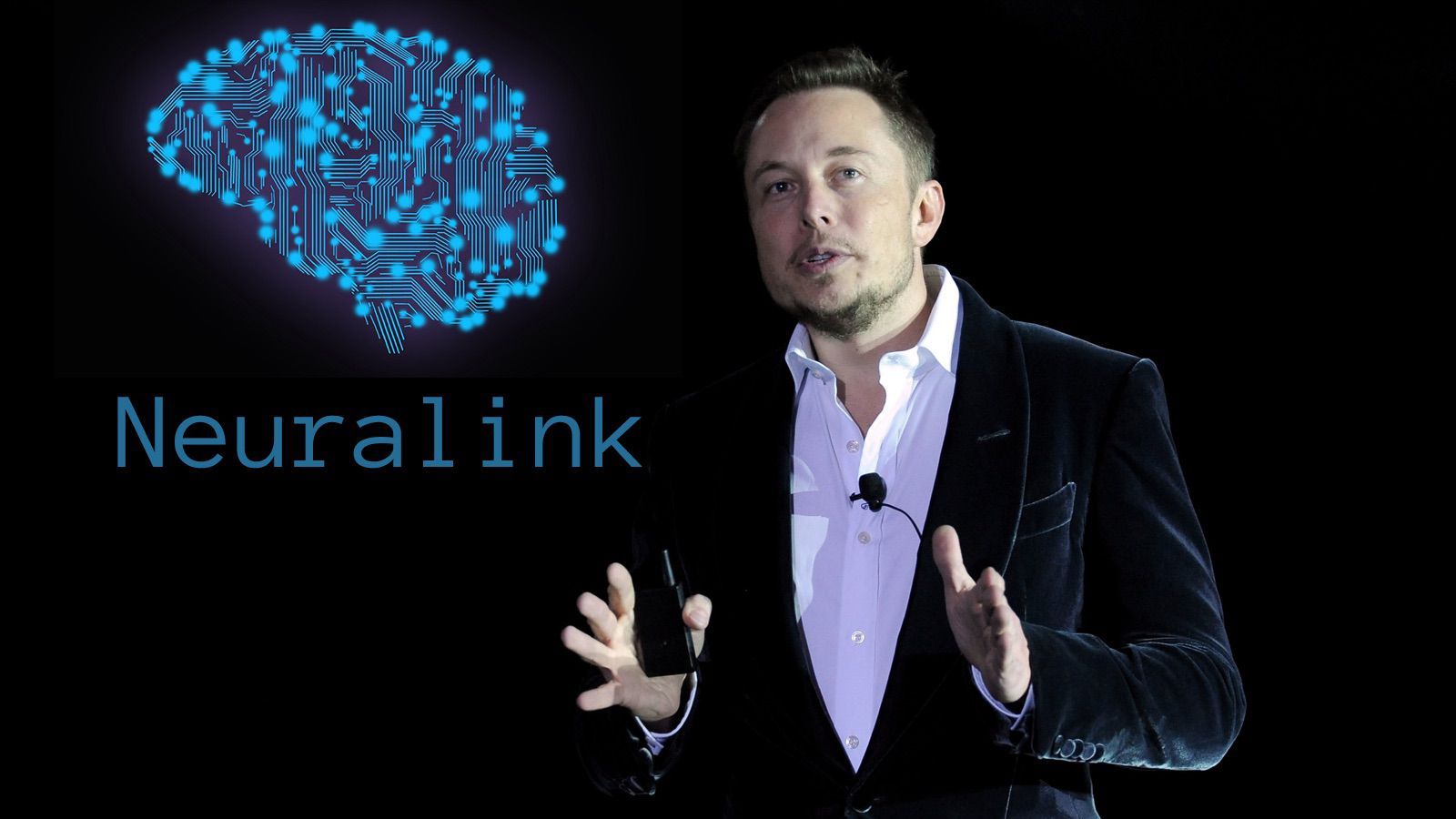Will Elon Musk be able to implant his Neuralink chip in the human brain?

The Neuralink chip (Elon Musk's neurotechnology company) designed to be implanted in the human brain promises a revolution in health. Here's what he appears to be able to do, who his competitors are, and what the billionaire's most critical critics have to say
Allowing disabled people to move and communicate again thanks to a chip implanted in the brain: this is the dream of billionaire Elon Musk and his company Neuralink, based in the San Francisco Bay area and Austin, Texas.
The project began in 2016 but yesterday the owner of Tesla, SpaceX and Twitter announced that the company has presented to the Food and Drug Administration (Fda) "most" of the documentation necessary for the release of the green light for experimentation on the man. In fact, so far, Neuralink's tests have only been conducted on animals.
However, Musk is neither the only one nor the first to pursue this ambition. Its competitor Syncron, after obtaining authorization for human trials in 2021, implanted a device in a patient in the United States last July, following tests on four people in Australia.
NEURALINK HAS SUBMITTED AN APPLICATION TO THE FDA
Musk's announcement came yesterday during the "Neuralink Show and tell" event, in which the company presents the latest news every year.
According to the tycoon, human trials of a wireless brain chip that allows disabled people to interface with devices that restore mobility and the ability to communicate could begin in six months. FDA permitting.
The agency, consulted by Reuters , did not comment on the announcement.
NEURALINK DELAYS
“We want to be extremely careful and certain that it will work well before putting a device into a human being,” Musk said. But, although during his speech he emphasized the speed with which the company is developing the device, so far Neuralink has not been able to meet the deadlines it had set.
In fact, human trials were expected by the end of 2022 and yesterday's event itself was scheduled for October 31, but only a few days earlier it was postponed without any explanation.
“At first, progress, particularly with regard to humans, will perhaps seem agonizingly slow – explained Musk -, but we are doing everything it takes to bring them to scale in parallel. So in theory, progress should be exponential."
MUSK IS ALWAYS AIMING HIGHER
In addition to the already known ambitions ofrestoring the ability to move and communicate to people with disabilities, Musk yesterday announced that another of the objectives of the Neuralink chip will affect the blind: "Even if someone has never had sight, as if born blind, we believe we can restore sight.”
If cleared by the FDA, the first two human applications of the device would involve the ability to see again and the ability to move muscles in people who can't.
Musk, who is known for his ambitious projects (such as colonizing Mars and saving humanity), would also like to cure Alzheimer 's and Parkinson 's with his chip, and also spoke of "brain fusion with artificial intelligence" .
If on the one hand it would be a real revolution from a scientific point of view, the ethical and socio -political implications cannot be ignored. As CNN points out, the billionaire often "tends to underline the non-medical uses" of these devices to ensure that man is able to keep up with artificial intelligence.
THE SUCCESSES OF NEURALINK
During Neuralink's previous public event more than a year ago, animal tests showed a macaque monkey capable of playing a video game completely autonomously, thanks to the brain implant.
Also yesterday a video was shown in which Musk showed a monkey who could only with thought in an exercise called "telepathic typing".
“To be clear, he is not using a keyboard – said the entrepreneur – He is moving the cursor with his mind towards the highlighted key. Now, technically, he can't write. So I don't want to go overboard with that, because it's the next version."
… AND THOSE OF OTHERS
Musk, however, is not the first to want to make a brain-computer interface. In the academic field, for example, it has already been happening for decades.
Earlier this year, Axios recalls, a study by European researchers announced that a completely paralyzed ALS patient had regained the ability to communicate thanks to a new brain implant and last year, Brown University reported that “using a brain-computer interface, a participant in a clinical study was able to create text on a computer at a speed of 90 characters per minute just by thinking about the movements involved in handwriting”.
In addition, there are already two other companies that are more advanced than Neuralink. One is Synchron , mentioned at the outset, which Musk approached earlier this year for potential investment after expressing frustration with his company's employees at slow progress. The other is Onward, which has been able to restore some movement in people with spinal cord injuries.
PROS AND CONS OF MUSK'S ENTRY INTO THE SECTOR
However, Musk's entry into the industry, according to Il Sole24Ore , "spurred a wave of investment by venture capitalists in startups operating in the sector, and helped advance the field at a much faster pace."
While the most critical of the company accuse him "of having overestimated the progress of Neuralink and of having promised things that the technology will not be able to do, at least in a relatively short time".
This is a machine translation from Italian language of a post published on Start Magazine at the URL https://www.startmag.it/innovazione/riuscira-elon-musk-a-impiantare-il-chip-della-sua-neuralink-nel-cervello-umano/ on Thu, 01 Dec 2022 10:36:30 +0000.
